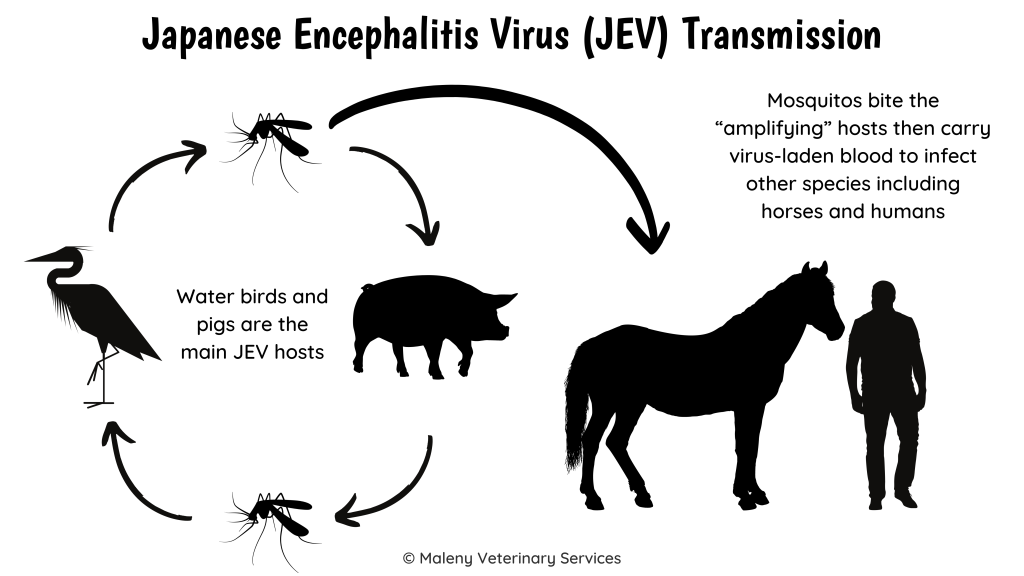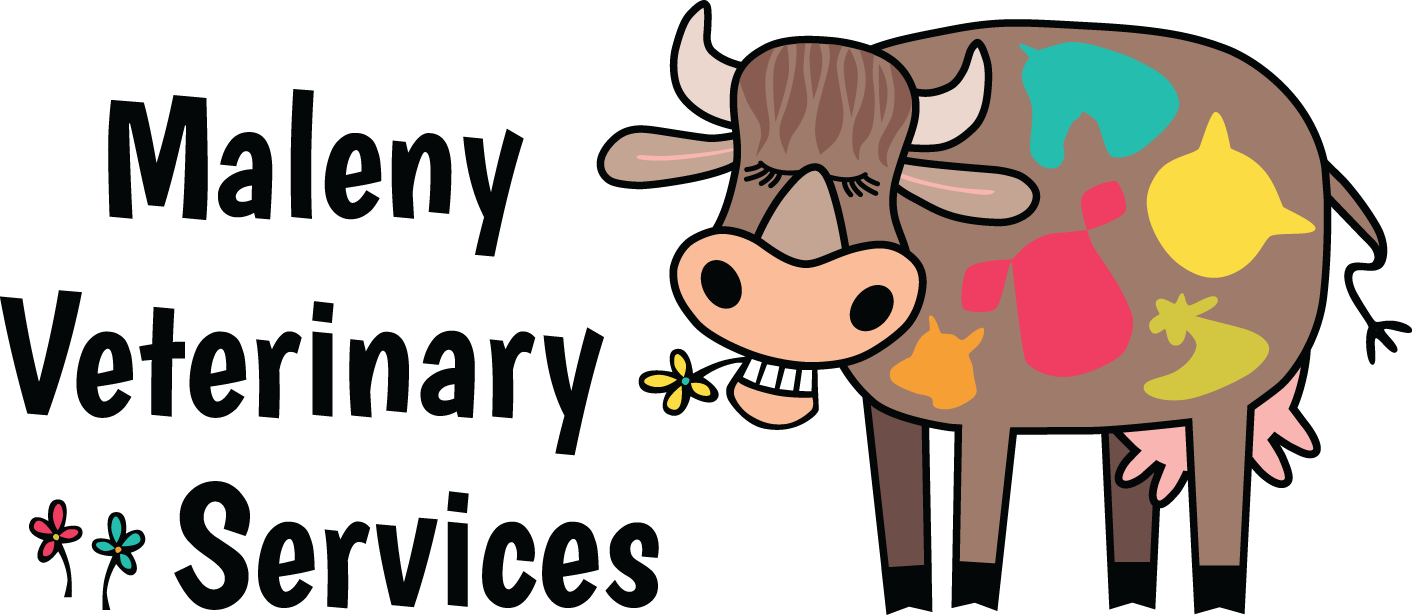In recent weeks, another “new” virus has been making the news in Australia. In fact, this virus is NOT new, and not even new to our shores. It has however, just shown up in areas where it has never been before, in case numbers not seen before, and at a time when mother nature has made it potentially very easy for it to get around.
What is it?
Japanese Encephalitis Virus (JEV) is in the same “family” as the viruses that cause Dengue Fever, West Nile Virus and Yellow Fever. Like these diseases, it is spread by mosquitos.
Where is it found?
According to World Health Organisation data, the virus is endemic (regularly found) in 24 countries in South East Asia and the Western Pacific. The first documented case of JEV was in Japan in 1871. Two cases of the disease were detected in Far North Queensland in 1998 and the disease occurs sporadically in the Torres Strait Islands. The Torres Strait Islands and Cape York Peninsula are monitored closely for incursions of the virus.
Recently, the disease was detected in southern Australia by a veterinarian undertaking a disease investigation in a piggery. Since this initial finding, JEV has been detected in a total of 21 pig farms in Victoria, NSW, SA and Qld (accurate as 7/3/2022). JEV has been confirmed in several people in these areas.
How does it spread?
Water birds (e.g. egrets and herons) are the main source of the virus. Mosquitos bite these birds and carry the virus-laden blood to other species. Like water birds, pigs appear to be another “amplifying” host and the virus can replicate in their blood to levels where mosquitos can bite pigs and then infect other animals. Mosquitos are the only way for the virus to travel. The virus cannot travel directly from bird to pig, pig to horse, horse to human etc.

What are the symptoms?
Encephalitis is the medical term for inflammation of the brain. Luckily, most human cases JEV infection are asymptomatic. Milder symptoms include neck stiffness, headache, vomiting and fever. However, more severe symptoms can include seizures, paralysis, coma and death. There is no treatment for the virus. Neurological changes are usually permanent.
Most infections in animals are asymptomatic. Disease in pigs and horses is more common, with reports in other species rare.
In pigs, the major presentation is for reproductive disturbances such as abortions, malformed and mummified foetuses. Adult boars may have swollen testicles and be infertile. Piglets that are born alive may be weak. When younger piglets become infected, they can develop symptoms ranging from depression through to paralysis, seizures and death.
In horses, symptoms can range from fever, and lethargy to a range of neurological signs including incoordination, difficulty swallowing, impaired vision, coma and death. It is important to note here that these neurological symptoms can look very similar to those of Hendra Virus.
What treatments are available?
There are no treatments for the disease in animals. A vaccine is available for use in horses and pigs in countries where the virus is endemic, but it is not yet registered for use in Australia.
The most effective thing that can be done at the moment is to reduce the chances of being bitten by mosquitoes. In people, insect repellent sprays, window screens and keeping your skin covered are all helpful. It is also important to reduce potential breeding sites for mosquitoes Rugs and animal-specific insect repellents on horses and pet pigs can assist in keeping them protected.
If you have any concerns about your self or your animals, please do not hesitate to seek further information from your health care professional or your vet.
—
Information sources:
- Dr Debbie Thorne (co-author)
- Australian Veterinary Association
- Biosecurity Queensland
- World Health Organisation

